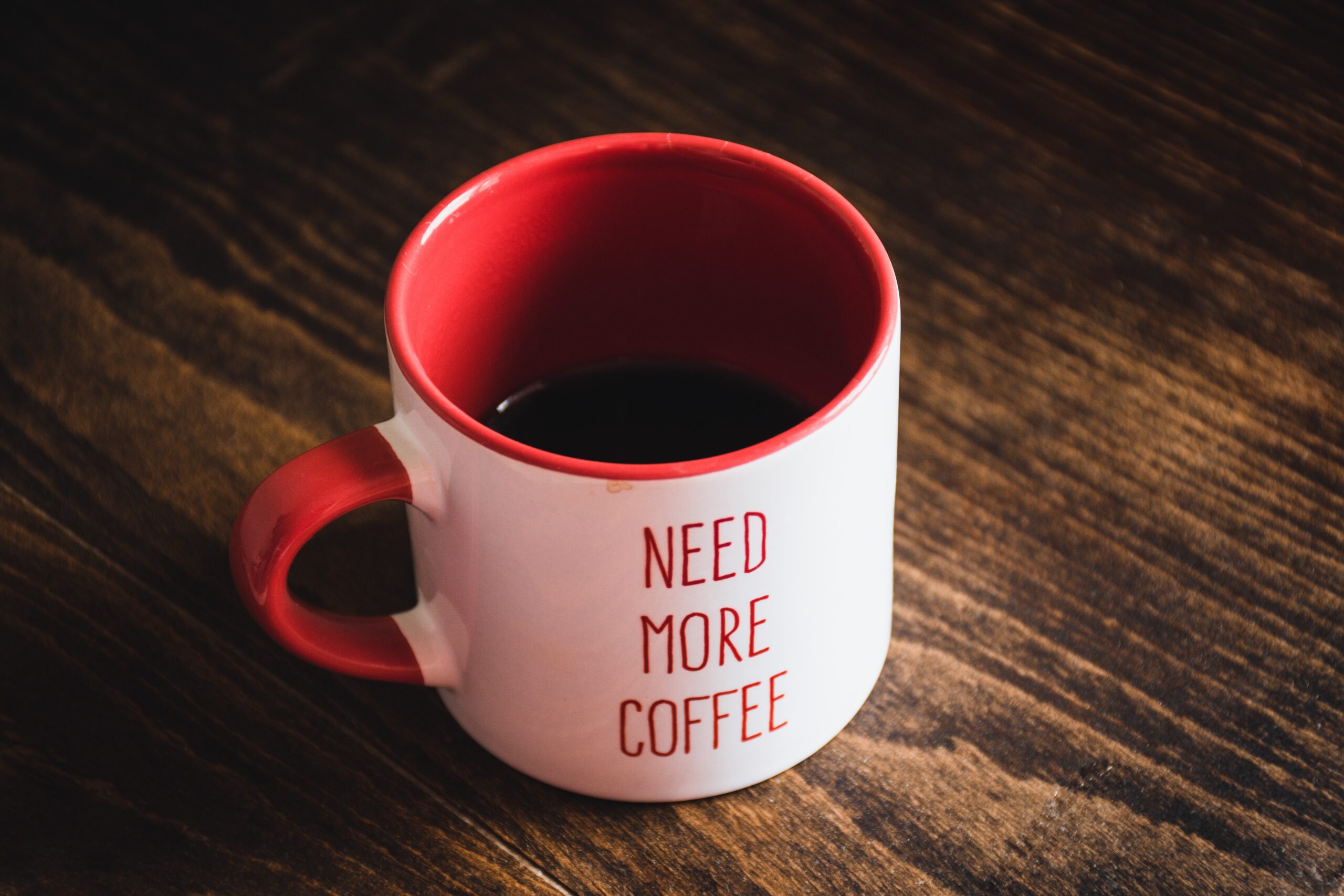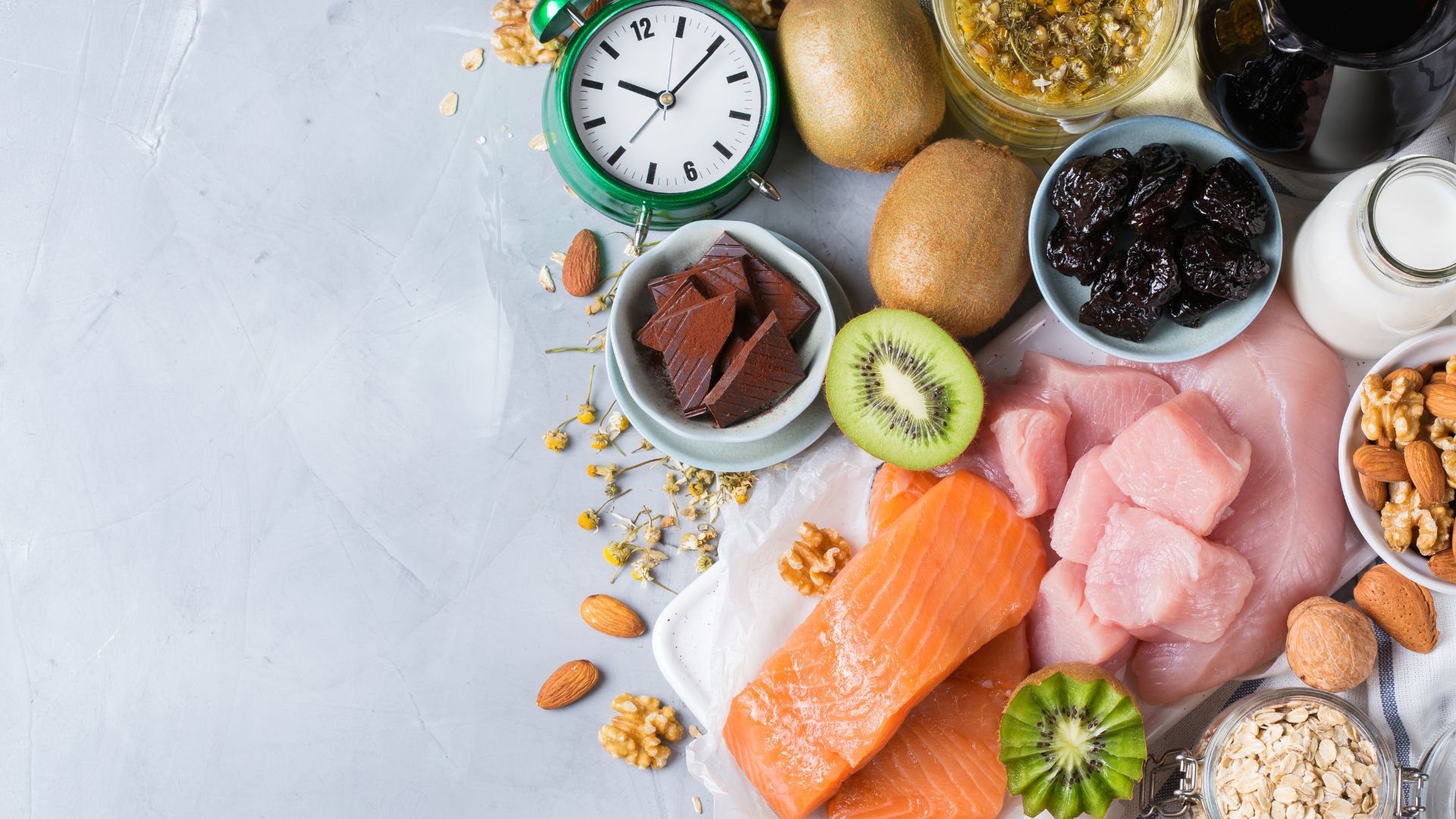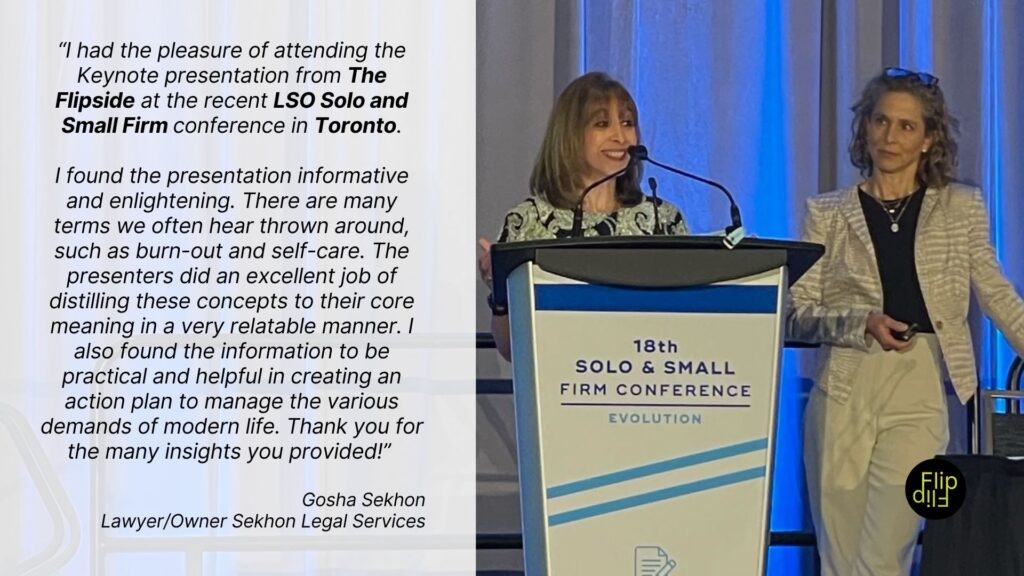Sleep
How does caffeine affect your sleep and what can you do about it?

Much has been said about caffeine and sleep. For the most part, is not great news for caffeinated coffee lovers like me, but not everything is gloomy in the caffeine world and I am here to give you some hope!
Caffeine can be a topic of hot debate and you may have noticed that I am not referring to coffee. After all, you can find caffeine not only in coffee but also in beverages such as tea, energy drinks, and sodas, to name a few. So, I will only discuss caffeine here! The topic of coffee and whether it is good or bad for your health can be discussed in a future article.
How does caffeine affect your sleep?
When you are awake, your brain produces sleep-promoting molecules called “adenosine”. These molecules bind to receptors in your brain called (you guessed it…) “adenosine receptors” and it is this binding, as it accumulates in your brain throughout the day that makes you feel sleepy in the evening. The problem is that caffeine is known to block the accumulation of adenosine in your brain. How? By binding itself to those adenosine receptors and leaving the adenosine molecules nowhere to bind! When caffeine binds to the adenosine receptors, it has the opposite effect: it makes you feel more alert when you drink your caffeinated beverage.
Because caffeine has a half-life between 2 to 12 hours (and by “half-life” we mean the time your body needs to metabolize and eliminate the consumed caffeine), this feeling of alertness can last for a number of hours. In the meantime, your brain continues to produce adenosine that cannot bind anywhere. Once the effects of caffeine have passed, you feel the crash and a sudden feeling of tiredness and sleepiness (often between 2 and 3 pm) that prompts you to have another cup of coffee.
This second (or third, or fourth) cup will have an interesting effect: the adenosine production by your brain is linked to the quantity of caffeine you consume: the more caffeine, the more adenosine. However, this excess adenosine which should be eliminated by your body while you sleep, is not properly disposed of and this is what causes you to wake up groggy and tired and in need of your first cup of coffee!
Does this mean that you should avoid coffee at all costs?
I could never tell anyone to avoid drinking caffeinated coffee (or eating bread for that matter), because I personally love my morning coffee as it is part of my routine. However, based on the science described above, and knowing that sleep is essential for the maintenance of overall good health, there are things to consider as it relates to your caffeinated beverage of choice if sleep is something you want to improve.
What can you do?
Start by…
- Observing how many caffeinated coffees you are currently drinking during the day and also, check the times in which you reach out for them? Can you see any correlation? Are you feeling tired when you reach for that second cup in the middle of the afternoon and need a boost? Sometimes we reach for coffee because we want something to drink but not because we really need it.
- Looking back at your sleeping habits and assessing if you are satisfied with your sleep: do you fall asleep easily? Do you remain asleep throughout the night? If you wake up in the middle of the night (washroom break) can you fall back asleep fast? Do you wake up before your alarm goes off or do you snooze several times before getting out of bed? Do you get out of bed feeling rested and restored?
- If you answer “No” to any of the questions above and you are a regular coffee (with caffeine) drinker, then make sure your first cup of caffeine happens early in the morning (to allow time for your body to metabolize it effectively) and consider switching that second (or third or fourth) cup to decaf. Coffee is a healthy drink (as long as you take it plain black with no sugar), and decaf coffee still has the same health-promoting effects as the full caffeinated version.
Then…
- Explore other beverages that may give you a “kick” in the afternoon without the other effects: tea is always a good option (the decaf variety of course), and even hot chocolate in the winter months can be an option if you are looking to warm up.
- These days, offerings of interesting and health-promoting drinks are not in shortage. Any coffee shop will offer beet drinks or golden milk and if you are adventurous, we invite you to give them a go. They may not be your regular cup of caffeinated coffee, but you may find that they don’t affect the quality of your sleep while still giving you a slight boost when you need it.
If the science behind caffeine and sleep is something that interests you, we invite you to check the following links (which we used in the elaboration of this article) and learn more about this fascinating topic:
https://science.howstuffworks.com/caffeine4.htm
Have a wonderful sleep!
MV





